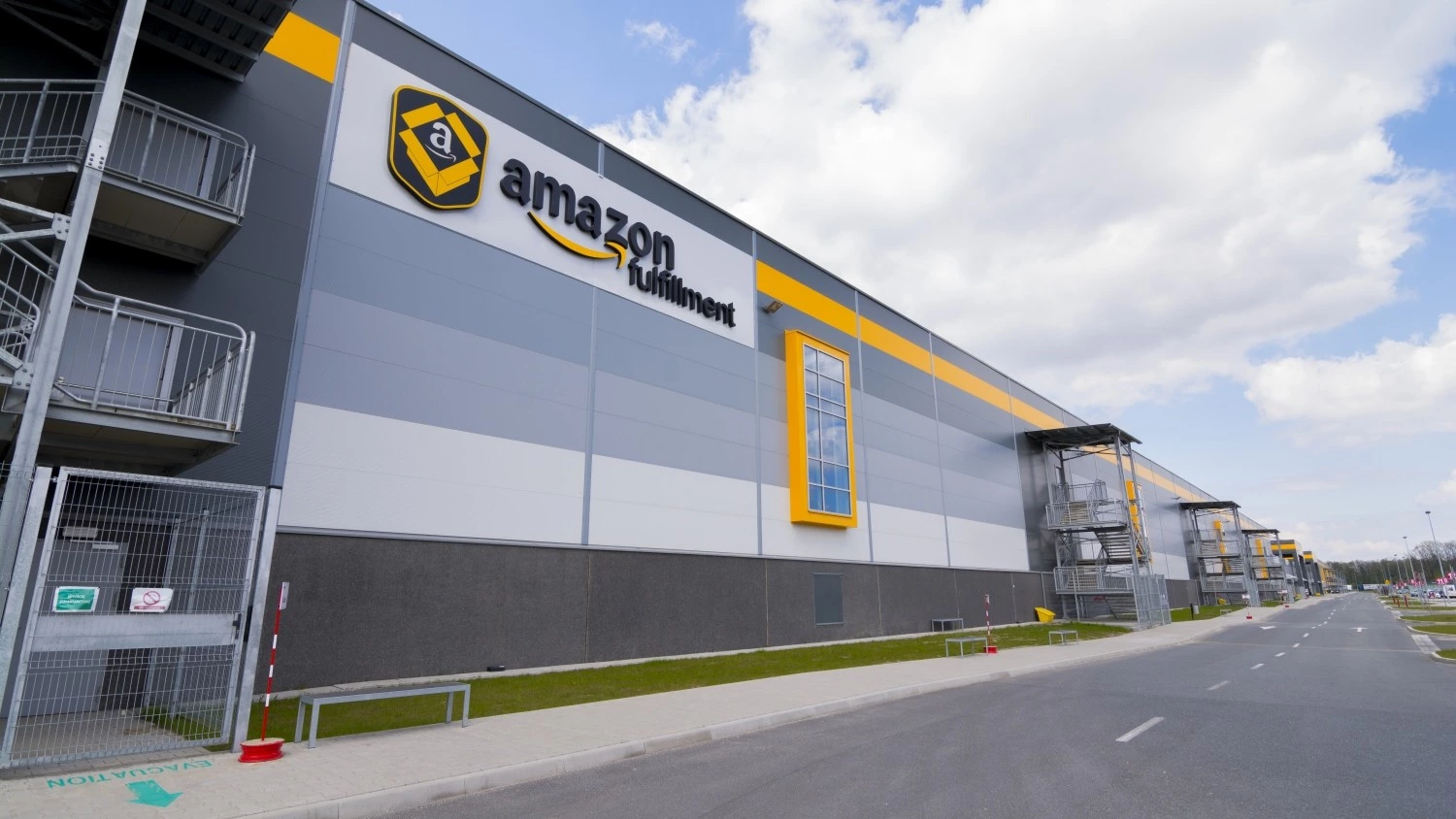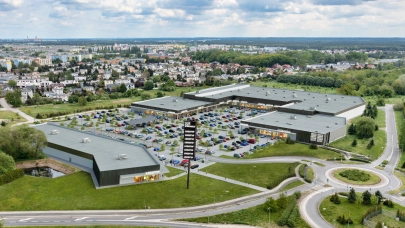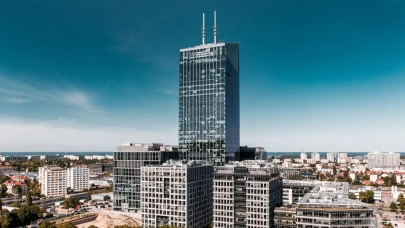
In H1 2018, demand on Poland’s industrial market was 2 million sqm - this is the best ever result recorded in the market’s history. In addition, industrial stock in Poland has now exceeded 14 million sqm, according to JLL.
“Up to 2 million sqm of industrial space was leased in Poland during the first six months of 2018. This is an all-time record for this sector. Net demand, excluding renewals, totalled almost 1.6 million sqm. This is the third best result in Europe - after Germany and the Netherlands. These three markets account for up to 50% of new demand, recorded in the first half of 2018”, comments Tomasz Olszewski, Head of Industrial CEE at JLL.
The three sector-standouts are once again retailers, logistics and light manufacturing, which together accounted for almost 80% of net demand. Central Poland retained its position as the sector's most popular Polish region, with a net take-up of 370,000 sqm. Another outstanding performance came from the Wrocław market whose 265,000 sqm of net take-up was mainly driven by logistics operators. By the end of H1 2018, the remaining three major markets (Warsaw, Poznań and Upper Silesia) had also strengthened their positions, with a combined total of 495,000 sqm in new deals and extensions. What is important is the fact that during the first half of the year all of the analysed markets observed an increase in tenant activity, including the group of emerging locations (such as Kielce and Radom).
“A series of planned investments, decreasing availability of workers in Poland along with their low mobility, allow us to forecast that in the near future we will witness increased interest in emerging markets, such as Lubuskie, Olsztyn and Białystok”, adds Tomasz Olszewski.
Completions during the last quarter involved 15 parks and a total of 343,000 sqm. This means that more than 648,000 sqm was delivered in H1 2018. The majority of new space was located in Central Poland, Upper Silesia and Warsaw markets.
“At the end of H1 2018, industrial stock passed another milestone and stood at 14 million sqm. This gives Poland a solid eighth place in the European Union in terms of market size. But the most visible response of developers to this demand is the under-construction pipeline, which surged to a spectacular 2.3 million sqm - more than the entire stock currently available in Central Poland. As a result, industrial stock could even hit the 16 million sqm mark in 2018. However, taking into account the widely commented lengthening of the development process, with an 8-12-month construction timeline, this may be pushed back to 2019”, explains Jan Jakub Zombirt, Associate Director, Strategic Consulting at JLL.
Unsurprisingly, the most active region was Central Poland, the brightest hotspot on Poland’s logistics map, where 623,000 sqm was under construction at the end of June. To give a comparison, that is more than the total existing stock of Szczecin and the Tri-City. What underlines the direction of future market development is the total of more than 340,000 sqm being built in the Lubuskie, Olsztyn, Białystok and Kielce/Radom markets. The northern port city markets (Tri-City and Szczecin) also saw some increase in activity, as each of them had an under-construction pipeline in excess of 115,000 sqm.
Thriving demand combined with relatively low development activity during recent quarters has pushed the vacancy rate in Poland at the end of H1 to its lowest level in market history, a mere 4.9%. Reductions in vacancy rates were seen in every region. The highest rates were found in Warsaw Inner City and Kraków (11.7% and 9.1% respectively), while the lowest were in Central Poland (1.9%) and most of the emerging markets.
Rents across key markets in Poland remained relatively stable, although with some upward pressure. The highest prices for warehouse space were in Warsaw Inner City and Kraków, where headline rents ranged from €4.3 to 5.1 / sqm / month and €3.8 to 4.5 / sqm / month, respectively. The most attractive rents for big box units were still to be found in Central Poland (€2.6 to 3.2 / sqm / month). Some markets have already seen slight increases, especially in terms of effective rents (i.e. including incentives from landlords), as many major developers are less keen to negotiate lease terms, citing increasing construction costs and land prices.



